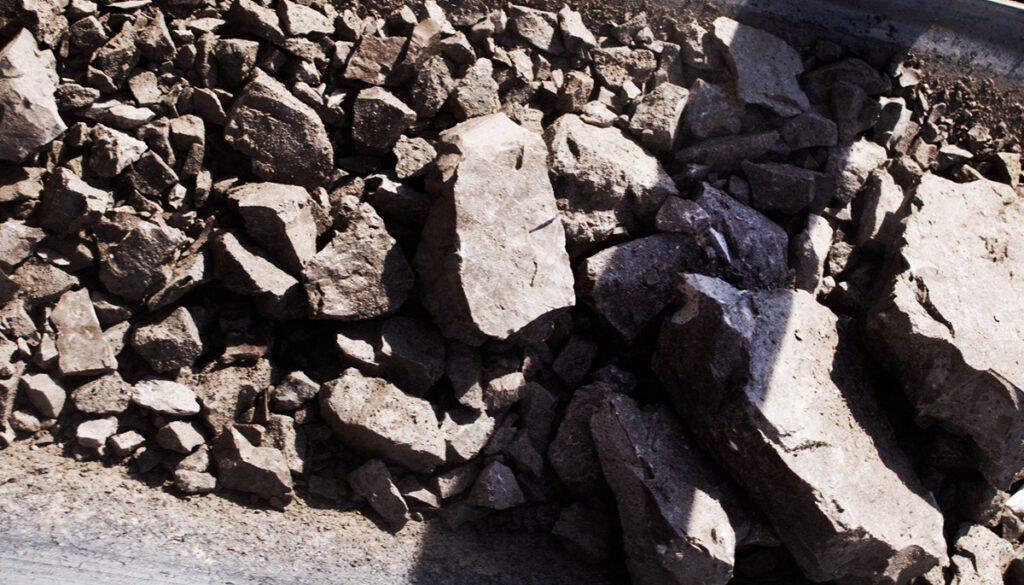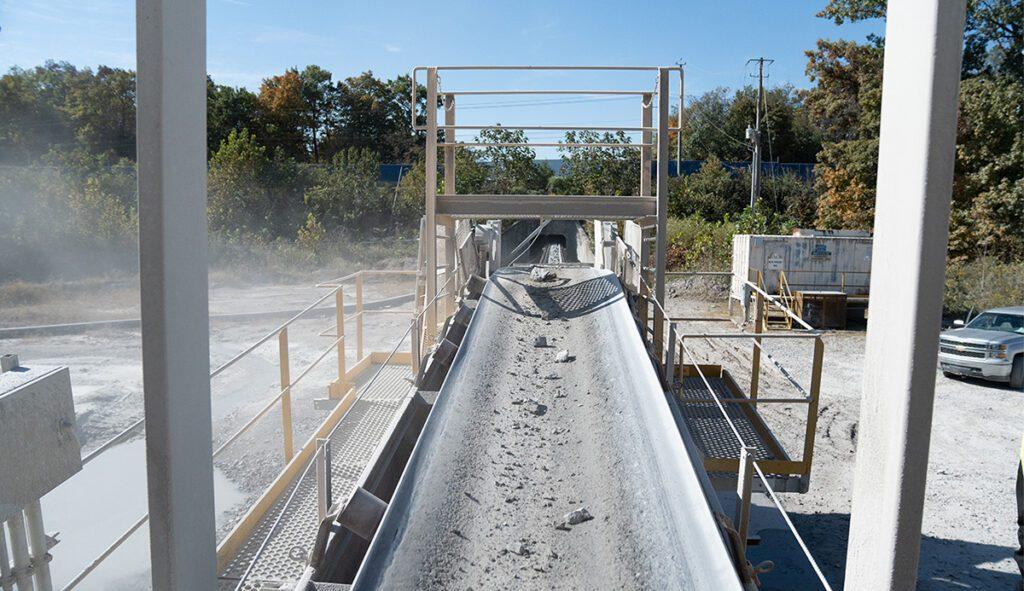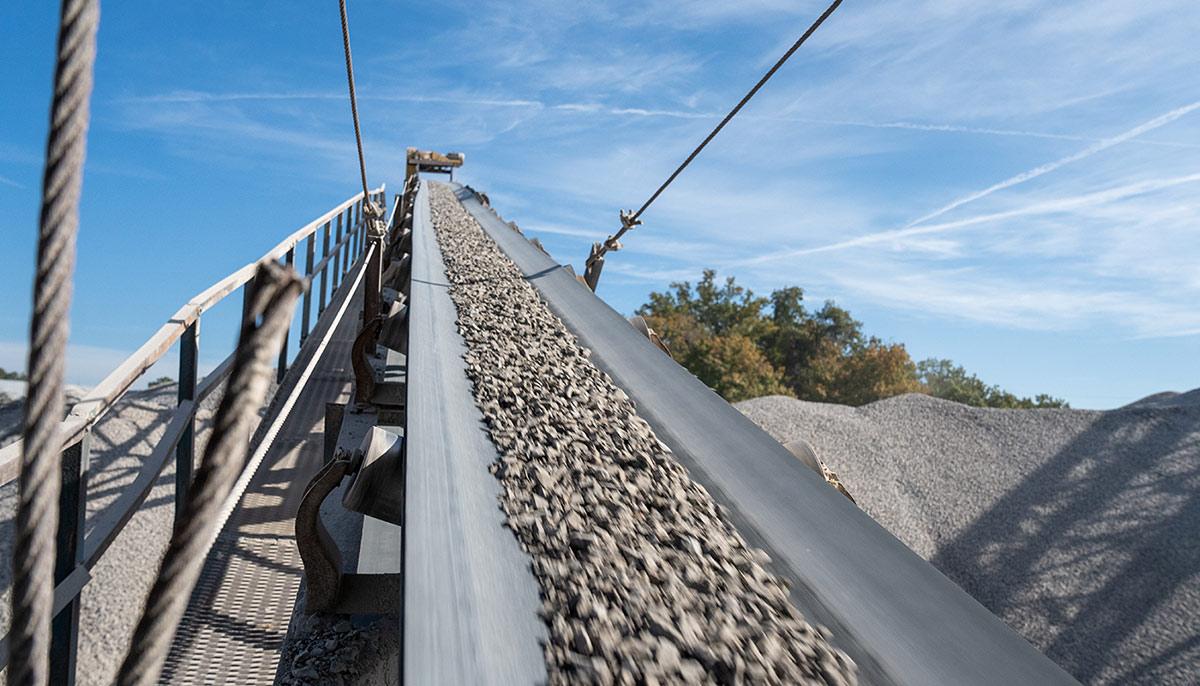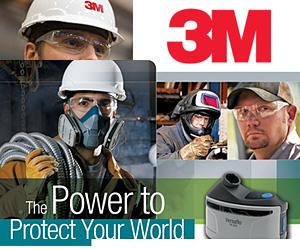In the bustling world of aggregate handling, where efficiency and safety are paramount, conveyor belts play a crucial role, silently ensuring the seamless flow of materials. Understanding the critical role of these components is essential for improving efficiency, ensuring safety, and enhancing overall productivity within the aggregate industry. As we explore the factors influencing the selection of conveyor belts, we’ll draw insights from industry leaders like Fenner Dunlop, a renowned provider of conveyor belting solutions, to shed light on the educational considerations that pave the way for optimal handling in the aggregate industry.

Factors to Consider When Selecting Conveyor Belts for the Aggregate Industry
Material Compatibility
Diversity in aggregate materials demands a keen understanding of material compatibility when selecting conveyor belts. The importance lies in choosing belts that can withstand the unique challenges posed by heavy, sharp, and abrasive materials commonly found in quarries. Some of the most common conveyor belts used in aggregate industries include:
Rubber Belts:
- Rubber belts are versatile and well-suited for handling various aggregate materials. They provide good grip and impact resistance, making them suitable for applications with heavy, sharp materials. However, the type of rubber compound is crucial, with considerations for abrasion resistance and flexibility.
Steel Cable Belts:
- Steel cable belts are robust and suitable for heavy-duty applications. They offer high tensile strength and are resistant to impact. However, considerations include the potential for increased maintenance due to the complexity of the belt structure, and careful monitoring is required to address any signs of wear.
Fabric Belts:
- Fabric belts, commonly made of nylon or polyester, are lightweight and offer good flexibility. They are suitable for medium- to heavy-duty applications and can handle various aggregate materials. However, they may have limitations in terms of impact resistance compared to steel cable belts.
PVC and PU Belts:
- PVC and PU belts are known for their resistance to chemicals and abrasion. They are suitable for specific aggregate applications where these properties are crucial. However, considerations include their temperature limitations and potential for wear in high-impact situations.
Specialized Belts (Heat-Resistant, Oil-Resistant, etc.):
- For specific aggregate handling conditions, specialized belts with heat resistance, oil resistance, or other unique properties may be required. Considerations include the specific environmental challenges in the application and selecting belts that are tailored to address those challenges.
Considering the specific characteristics of the aggregate materials being handled is crucial in selecting the right belting material. Fenner Dunlop, a leader in conveyor belting solutions, provides a range of belts designed to handle diverse materials, ensuring optimal performance and longevity in aggregate applications.
Durability and Lifespan
Durability stands as a cornerstone for achieving long-term cost-effectiveness in conveyor systems. The lifespan of conveyor belts directly influences the operational efficiency of aggregate handling. Several key considerations play a crucial role in ensuring the durability and extended lifespan of conveyor belts:
Belt Construction:
- The construction of the belt is fundamental. For heavy-duty aggregate applications, belts with reinforced inner constructions, such as Fenner Dunlop’s X Series, are designed to withstand impact, provide superior rip and tear resistance, and ensure longevity under demanding conditions.
Tensile Strength:
- The tensile strength of the belt material is a critical factor. Higher tensile strength enables the belt to withstand the stress of heavy loads and maintain structural integrity over time. Fenner Dunlop’s UsFlex, for instance, offers ultra-strength straight-warp carcass for exceptional rip resistance, ensuring durability in demanding applications.
Load Support:
- Efficient load support is essential for preventing belt sagging and minimizing wear. Fenner Dunlop’s belts are engineered to provide excellent load support, distributing the weight of conveyed materials evenly and reducing the risk of premature wear in high-impact areas.
Abrasion Resistance:
- Aggregates often contain abrasive materials that can cause wear over time. Fenner Dunlop’s abrasion-resistant compounds, such as the Titanium option, provide superior resistance to abrasion. This ensures that the belt maintains its integrity even in high-wear environments, contributing to an extended lifespan.
Maintenance Requirements
Understanding the maintenance needs of conveyor belts is crucial for sustaining operational excellence. Regular and proactive maintenance contributes to the reliability and longevity of the conveyor system. Here are some key considerations for maintenance in aggregate handling:
Routine Inspections:
- Regular visual inspections of the conveyor system are essential. This includes checking for any signs of wear, damage, or misalignment. Routine inspections help identify issues early, preventing costly breakdowns.
Cleaning and Housekeeping:
- Cleanliness is a fundamental aspect of maintenance. Regular cleaning of conveyor belts and the surrounding areas helps prevent material buildup, reducing the risk of blockages and ensuring smooth operations.
Proactive Repairs:
- Proactive repairs address minor issues before they escalate into major problems. Promptly fixing issues such as small tears, worn-out components, or misalignments can prevent costly downtime.
Belt Tracking:
- Proper belt tracking is crucial for preventing uneven wear and potential damage. Misaligned belts can lead to increased friction and premature wear. Regularly checking and adjusting the belt tracking ensures optimal performance.
Lubrication:
- Moving parts, such as pulleys and bearings, require proper lubrication. Regularly lubricating these components reduces friction, minimizes wear, and extends the lifespan of the conveyor system.
Monitoring Systems:
- Implementing monitoring systems, such as sensors and predictive maintenance technologies, can provide real-time insights into the condition of the conveyor system. This proactive approach allows for timely intervention and reduces the likelihood of unexpected failures.
While these considerations provide a comprehensive approach to maintenance in aggregate handling, it’s worth noting that Fenner Dunlop offers solutions that align with these principles. For instance, their maintenance-friendly conveyor belts are designed to ease the burden of upkeep, contributing to overall reliability and reducing the frequency and complexity of maintenance tasks. This aligns with the industry’s best practices for sustaining operational excellence.


Optimize Your Aggregate Handling Needs with Fenner Dunlop
In the challenging world of the aggregate industry, Fenner Dunlop emerges as a beacon of reliability and durability. Their belts, engineered to withstand heavy impacts, tearing, and surface damage, outperform competitors in toughness and wear life. Tailored for diverse applications such as primary and secondary crushers, stackers, load-outs, and overland conveyors, each Fenner Dunlop belt is meticulously designed to provide the longest and most reliable working life possible.
Fenner Dunlop’s X Series offers best-in-class solutions with reinforced inner construction for superior impact and rip resistance. UsFlex, the premium variant within the X Series, provides ultra-strength, straight warp carcasses, surpassing competitors with over 2x the rip resistance. With Nova-X and UsFlex carcasses designed for the toughest aggregate applications, Fenner Dunlop delivers unmatched performance, combining impact resistance, rip and tear resilience, excellent load support, and extended service life.
In the aggregate industry, Fenner Dunlop stands out as the optimal choice for the lowest cost per ton, offering belts that not only meet but exceed expectations, setting a new standard in reliability and durability. Elevate your operations and choose Fenner Dunlop to benefit from a much longer lifespan and durability, ensuring that replacement needs are significantly reduced in the demanding environments of the aggregate industry.
Elevate Your Aggregate Handling Efficiency with IBT
IBT understands the critical role that conveyor belts play in the bulk material handling process. As your trusted partner, we recognize the significance of selecting the right components to minimize disruptions and equipment replacements. Our dedicated team of conveying systems engineering experts at IBT is committed to delivering customized solutions tailored to your specific needs, ensuring optimal performance and efficiency in your aggregate operations.
If you’re ready to optimize your operation, enhance productivity, and experience a new standard of reliability in aggregate handling, reach out to our team at IBT today.





